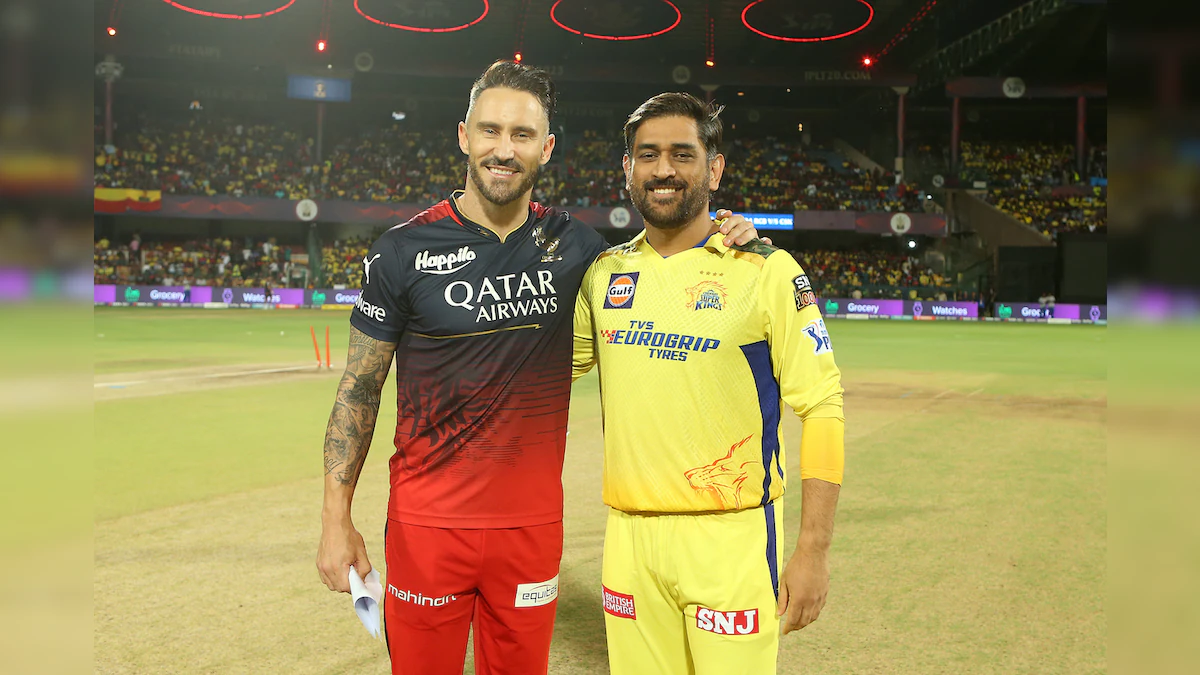With the Women’s Premier League (WPL) wrapping up successfully, the Indian Premier League (IPL) takes center stage once again as it gears up for its 17th edition. The much-anticipated tournament will kick off with a clash between defending champions Chennai Super Kings (CSK) and Royal Challengers Bengaluru (RCB) in Chennai. RCB’s recent triumph in the WPL adds pressure to their male counterparts, who have yet to secure an IPL title despite promising performances in the past.
CSK, known for their consistency and astute leadership under M.S. Dhoni, enters the tournament with high expectations. Dhoni’s enduring relevance in the T20 format at the age of 42 exemplifies the advancements in modern fitness and sports medicine, a trend mirrored by England’s James Anderson in Test cricket. The IPL itself has demonstrated resilience, overcoming challenges such as general elections and the COVID-19 pandemic by relocating matches to South Africa or the United Arab Emirates when necessary.
As the IPL unfolds, players from both India and abroad will have one eye on the upcoming ICC T20 World Cup in the West Indies and the United States. Of particular interest is Rishabh Pant, recently appointed as Delhi Capitals’ captain following his remarkable recovery from a serious road accident. Pant’s performance in the IPL could influence his return to the Indian team for the T20 World Cup.
Notable changes in team compositions include Hardik Pandya’s appointment as captain of Mumbai Indians, a decision that has stirred controversy among fans and affected players like Jasprit Bumrah and Suryakumar Yadav. With the league expanding to 10 teams, the IPL continues to be a commercial juggernaut, drawing attention away from international commitments for some players. The issue of talent prioritization between IPL and international cricket, once perceived as affecting other cricketing nations, now resonates within Indian cricket circles, prompting discussions on the balance between club and country commitments.






